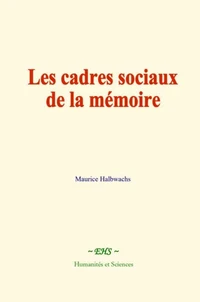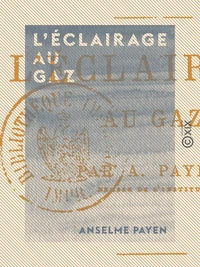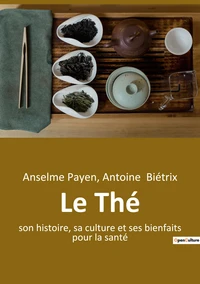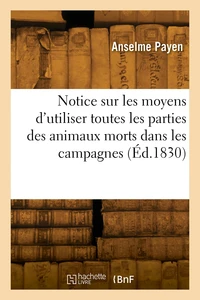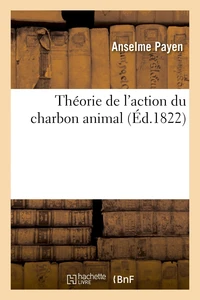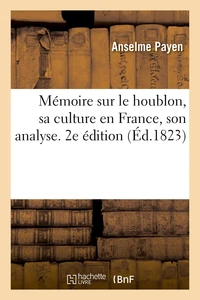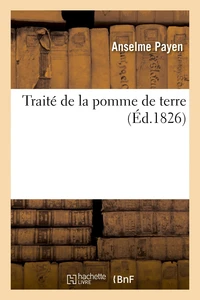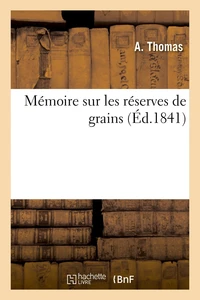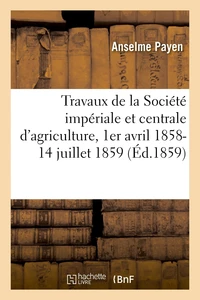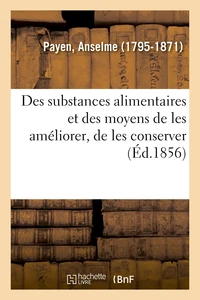Le Thé : son histoire, sa culture et son rôle hygiénique
Par : ,Formats :
Disponible dans votre compte client Decitre ou Furet du Nord dès validation de votre commande. Le format ePub est :
- Compatible avec une lecture sur My Vivlio (smartphone, tablette, ordinateur)
- Compatible avec une lecture sur liseuses Vivlio
- Pour les liseuses autres que Vivlio, vous devez utiliser le logiciel Adobe Digital Edition. Non compatible avec la lecture sur les liseuses Kindle, Remarkable et Sony
 , qui est-ce ?
, qui est-ce ?Notre partenaire de plateforme de lecture numérique où vous retrouverez l'ensemble de vos ebooks gratuitement
Pour en savoir plus sur nos ebooks, consultez notre aide en ligne ici
- FormatePub
- ISBN978-2-38111-544-3
- EAN9782381115443
- Date de parution27/12/2022
- Protection num.pas de protection
- Infos supplémentairesepub
- ÉditeurEHS
Résumé
How to make our ideas clear ?Whoever has looked into a modern treatise on logic of the common sort, will doubtless remember the two distinctions between clear and obscure conceptions, and between distinct and confused conceptions. They have lain in the books now for nigh two centuries, unimproved and unmodified, and are generally reckoned by logicians as among the gems of their doctrine. A clear idea is defined as one which is so apprehended that it will be recognized wherever it is met with, and so that no other will be mistaken for it.
If it fails of this clearness, it is said to be obscure. ABOUT THE AUTHORCharles Sanders Peirce (born Sept. 10, 1839, Cambridge, Mass., U. S.-died April 19, 1914, near Milford, Pa.) was an American scientist, logician, and philosopher who is noted for his work on the logic of relations and on pragmatism as a method of research.
If it fails of this clearness, it is said to be obscure. ABOUT THE AUTHORCharles Sanders Peirce (born Sept. 10, 1839, Cambridge, Mass., U. S.-died April 19, 1914, near Milford, Pa.) was an American scientist, logician, and philosopher who is noted for his work on the logic of relations and on pragmatism as a method of research.
How to make our ideas clear ?Whoever has looked into a modern treatise on logic of the common sort, will doubtless remember the two distinctions between clear and obscure conceptions, and between distinct and confused conceptions. They have lain in the books now for nigh two centuries, unimproved and unmodified, and are generally reckoned by logicians as among the gems of their doctrine. A clear idea is defined as one which is so apprehended that it will be recognized wherever it is met with, and so that no other will be mistaken for it.
If it fails of this clearness, it is said to be obscure. ABOUT THE AUTHORCharles Sanders Peirce (born Sept. 10, 1839, Cambridge, Mass., U. S.-died April 19, 1914, near Milford, Pa.) was an American scientist, logician, and philosopher who is noted for his work on the logic of relations and on pragmatism as a method of research.
If it fails of this clearness, it is said to be obscure. ABOUT THE AUTHORCharles Sanders Peirce (born Sept. 10, 1839, Cambridge, Mass., U. S.-died April 19, 1914, near Milford, Pa.) was an American scientist, logician, and philosopher who is noted for his work on the logic of relations and on pragmatism as a method of research.




